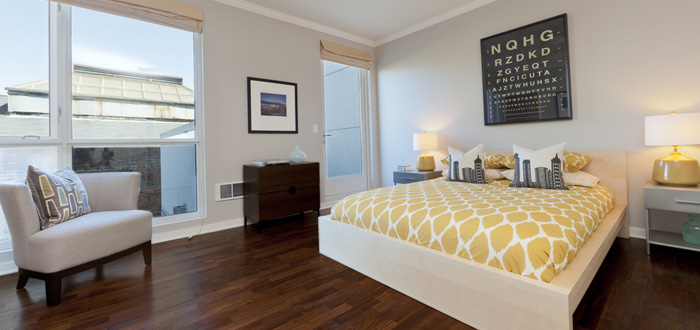The online home rental service Airbnb recently agreed to pay San Francisco’s 14 percent hotel tax, addressing just one of the many concerns of critics who say that the company has been ignoring regulations.
As part of this plan, Airbnb would collect the taxes directly from guests as an added charge on their bill just the same way hotels do. For instance, a guest paying $200/night for their Airbnb room would pay an additional $28 a night.
The San Francisco based company said it will begin remitting taxes to the city by the summer. Currently operating out of 32,000 cities worldwide, Airbnb has disclosed that San Francisco and Portland will be the first cities where it will collect hotel taxes.
“We have repeatedly said that we believe our community in San Francisco should pay its fair share of taxes,” David Hantman, the company’s head of global public policy. This compliance to the city’s tax regulations could potentially create an influx of San Francisco offers and help the company avoid further conflict and scrutiny from regulators.
The company has previously been criticized by the city, landlords and hotels, who say that it flouts local regulations, such as the aforementioned hotel tax as well as the ban on renting residential spaces for less than 30 days.
When the company starts to pay the hotel tax this summer they will likely end criticism from city officials and hotel owners, however many believe that this move will not be enough for landlords.
“Our concerns are the liabilities of having strangers in our buildings, the fact that (tenants) are renting rooms for more than landlords are entitled to charge and that they don’t have conditional use permits to run hotels,” said Marina Franco, an attorney at a law firm that represents property owners.
Though their current system is less than perfect, Airbnb is working to establish a fair and proper framework with the help of San Francisco Supervisor David Chiu. “Now that they are doing the right thing and remitting taxes, I’m looking forward to moving forward on legislation to regulate shareable housing,” he said.
Michael Bain is an analyst for Move New Homes.

 Mountain Winery Summer Concert Lineup Features 90s Throwbacks, Classic Rockers
Mountain Winery Summer Concert Lineup Features 90s Throwbacks, Classic Rockers  SJ Q&A: SJPD Officer James Cooper
SJ Q&A: SJPD Officer James Cooper 


